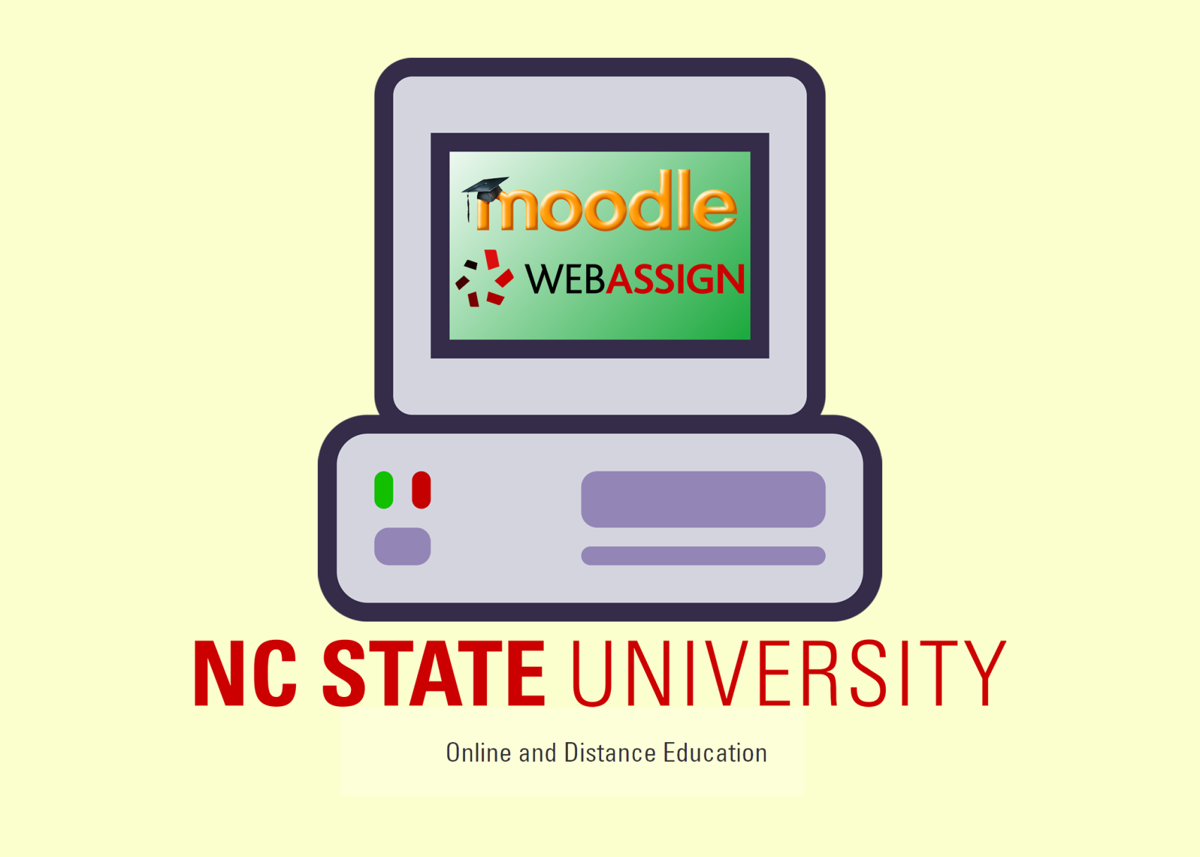The Office of Student Conduct has seen academic misconduct cases triple since the pandemic began. Thomas Hardiman, the director of the Office of Student Conduct, cited the shift to asynchronous education as the primary explanation for this increase.
According to Hardiman, before the pandemic, there were approximately 275 cases of academic misconduct per academic year, which includes the fall, spring and two summer terms. In the 2020-21 academic year, the Office of Student Conduct handled over 700 cases of academic misconduct. With the return to in-person education in fall 2021, cases of academic misconduct seem to be gradually decreasing, although they remain higher than the pre-pandemic average, Hardiman said.
The NC State Code of Student Conduct establishes four types of academic misconduct: aiding and abetting, cheating, destruction or removal of academic materials, and plagiarism. According to Hardiman, before the pandemic, the most common academic misconduct cases were evenly distributed between plagiarism, unauthorized collaboration and cheating.
Hardiman said an academic conduct violation known as “Cheating C” has has become overwhelmingly prevalent and contributes to a great number of the academic misconduct cases reported during the pandemic. Cheating C is defined in provision 8.2 as “using materials, equipment or assistance in connection with an assignment, examination or other academic exercise which have not been authorized by the faculty member, including but not limited to, notes, calculator or other technology.”
Hardiman attributes the growth in Cheating C cases to virtual learning, which provides a greater opportunity for students to access unauthorized resources.
“When you were sitting in a class and the faculty member is there and students are there, it’s really obvious if you pull out your cell phone and you start to Google an answer,” Hardiman said. “That is an academic faux pas. People would call you out in a second. But when you’re in your bedroom alone doing that, it’s only your own integrity that’s going to stop you.”
While heavy reliance on online education may enable students to engage in academic misconduct, their digital footprint can sabotage attempts to cheat. According to Hardiman, online resources such as Chegg, a tutoring site, work with the Office of Student Conduct and provide the names, dates and times that students accessed unauthorized resources.
In early 2020, 200 students who used Chegg during their Statistics 311 final exam were accused of cheating.
Faculty members have also modified traditional classroom practices to accommodate online learning and reduce cheating. Annika Jauch, a third-year studying microbiology, said her teachers have adapted expectations for asynchronous instruction, such as making tests open note and using reporting software to monitor virtual tests.
Hardiman said asynchronous education leads students to feel isolated from faculty and assume more responsibility for their learning, which can motivate them to utilize unauthorized resources. He said stress is the number one reason students commit Cheating C violations.
“It’s really easy for someone to pull out their cell phone or open up a new tab in their browser to be able to search their answer, especially if they’re panicked in real time,” Hardiman said. “The tools are literally at their fingertips, and it’s difficult to make the choice to say no to that.”
Olivia Ahner, a first-year studying nutrition science, said faculty could help reduce academic misconduct in asynchronous virtual classes by checking in on students frequently and offering more support so students don’t feel the need to use unauthorized resources.
Hardiman said preventing academic misconduct is the responsibility of both students and faculty.
“We always go back to that shared relationship,” Hardiman said. “The faculty member has to establish some reasonable safeguards and set the expectation around academic integrity for their course, but then it’s also the responsibility of the student to uphold this.”
Jauch said while faculty can impose safeguards to identify students who engage in academic misconduct, it may be hard to convince students under stress to uphold academic integrity.
“For students, it’s really a personal decision whether or not you cheat,” Jauch said. “I don’t know if there’s much you can do about that.”
Although college can be demanding, Hardiman said maintaining academic integrity provides valuable learning opportunities and builds character.
“I think it’s far better to earn an ‘F’ than to be given an ‘F,’” Hardiman said. “Be proud of that ‘F’ you earned. I think back to my own academic experiences, and there’s something to be said about trying really hard and still not getting a good grade; it makes you proud of that grade. You might have worked your butt off for that grade and there’s something to be said about that.”













